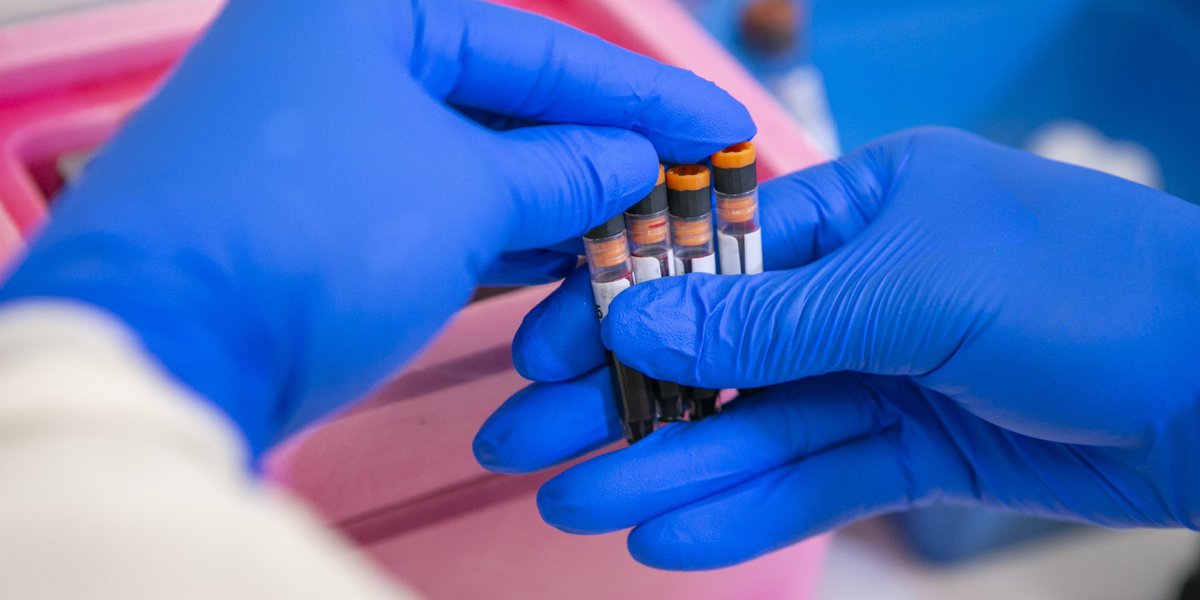Blood
YOUR HEALTH: Blood test for Alzheimer’s
ST. LOUIS, Mo. (Ivanhoe Newswire) – More than six million Americans are living with Alzheimer’s today. Half a million more people will be diagnosed this year. But thousands of cases of Alzheimer’s disease go undiagnosed each year. That’s because the changes in the brain can begin at least 10 years or more before symptoms start. Now, researchers are working on new ways to detect this disease before you or anyone else knows you have it.
Retirement was a never-ending adventure for John and Lynn Struckhoff, as they traveled the country in their fifth wheel. The two have been on a journey together for five decades.
“We met when I was 16, she was 14, and we’ve been together ever since,” John said.
They were on the road when John started seeing his wife slowly change. After several cognitive tests, doctors believed it was Alzheimer’s.
“I said, ‘Well, how do we know for sure?’ They said, ‘Well, the only way we really know is an autopsy and that’s not a practical thing right now,” John said.
John enrolled Lynn in a clinical trial that tests a person’s blood for changes in the brain. The test measures the amount of amyloid beta proteins called A-beta 42 and A-beta 40 in the blood. The less A-beta 42 in the blood, the more likely you are to have Alzheimer’s.
“The A-beta 42 is getting stuck in the plaque, so it’s not ending up in the spinal fluid or in the blood,” explained Dr. Suzanne Schindler, a medicine neurologist at Washington University School.
When combined with genetic risk factors, the test is up to 93 percent accurate in identifying people at risk of Alzheimer’s disease. And the earlier diagnosis could lead to new treatments to stop the progression.
“That’s what we’re aiming for; that you’ll get these tests and then get treated before you ever get symptoms,” Dr. Schindler emphasized.
That’s not an option for Lynn, but the test did give John peace of mind.
“She and I have been on a journey for 50-some-odd years and for whatever reason, she’s going on her own journey and I can’t come along,” John said.
The only other ways to test for Alzheimer’s are very costly. PET scans are the gold standard, cost up to $7,000 per scan, and are usually not covered by insurance. A spinal tap costs one to two thousand dollars. The blood test costs about $1,200 per patient. The Washington University test is called PrecivityAD. It’s available for use by doctors, but the test is not yet covered by most health insurance.
Click here to report a typo.
Copyright 2023 WAFB. All rights reserved.

